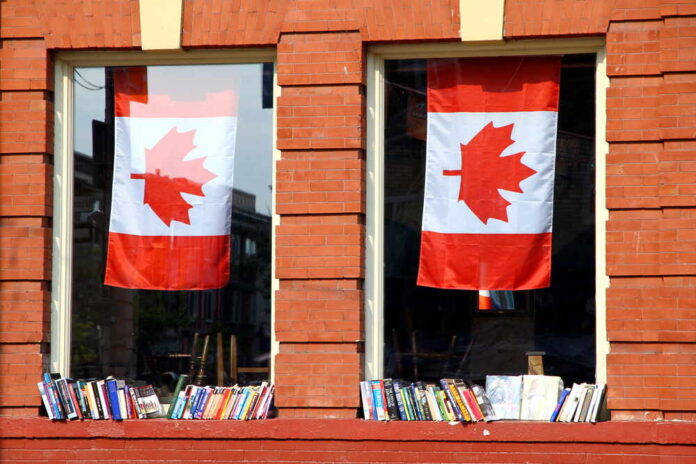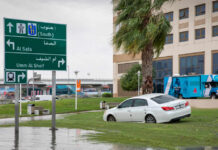
In a move raising eyebrows across the border, the Peel District School Board in Mississauga, Ontario, has removed all books published before 2008 from its libraries. The school district claims this is in response to a provincial directive to focus more on “inclusion” and “equity.”
“The Board shall evaluate books, media, and all other resources currently in use for teaching and learning English, History, and Social Sciences to utilize resources that are inclusive and culturally responsive,” states the directive.
While the intent may be to create an “environment more reflective of the diverse student body,” the execution has been anything but smooth. Critics argue that in the name of “inclusivity,” the school district may have traded the richness of historical literature and the lessons they provide for a more sanitized selection that aligns with modern viewpoints.
All books written before 2008 have been removed from the school library because they don't meet the new equity and inclusion policies.
Weren't we told book banning was a right-wing policy? pic.twitter.com/2HZgGfuGzM
— 𝓘𝓽 𝓓𝓲𝓮𝓼 𝓘𝓷 𝓓𝓪𝓻𝓴𝓷𝓮𝓼𝓼 ⚡️⚡️ (@dead_already123) September 14, 2023
The policy has raised practical concerns, too. Reina Takata, a 10th grader at Erindale Secondary School, noted that “there are rows and rows of empty shelves with absolutely no books.” When iconic works like Anne Frank’s “The Diary of a Young Girl” and Eric Carle’s children’s classic “The Very Hungry Caterpillar” get the ax, the credibility of the whole operation comes into question.
Tom Ellard, founder of Libraries Not Landfills, challenged the lack of clarity: “Who’s the arbiter of what’s the right material to go in the library, and who’s the arbiter of what’s wrong in our libraries? That’s unclear. It’s not clear to the teachers who’ve provided us this material, and it’s not clear to me as a parent or as a taxpayer.”
Even the Ministry of Education has had second thoughts. Minister Stephen Lecce stated, “It is offensive, illogical, and counterintuitive to remove books from years past that educate students on Canada’s history, antisemitism, or celebrated literary classics.”
PDSB Chairman David Green acknowledged that the district paused its book purging after the uproar. “We have to make sure that we are meeting the needs of the students and not just rolling something out because we were told to do it,” he said.
There’s a thin line between updating resources and rewriting history — or erasing it altogether. The irony, of course, is that inclusivity efforts should enlarge students’ worldviews, not narrow them. By removing books solely based on their publication date, Peel District also removes the context and history that come with those books.
It’s one thing to review materials for relevance and accuracy but another to excise half a library under a poorly defined, sweeping mandate. The province and the Peel School District would do well to slow down and rethink their approach before the shelves empty further.
This debacle serves as a cautionary tale. We must remember history and literature’s timeless lessons in the rush for progress. The books we grew up with have molded generations for a reason; they should be read, studied and critiqued, not canceled.

































